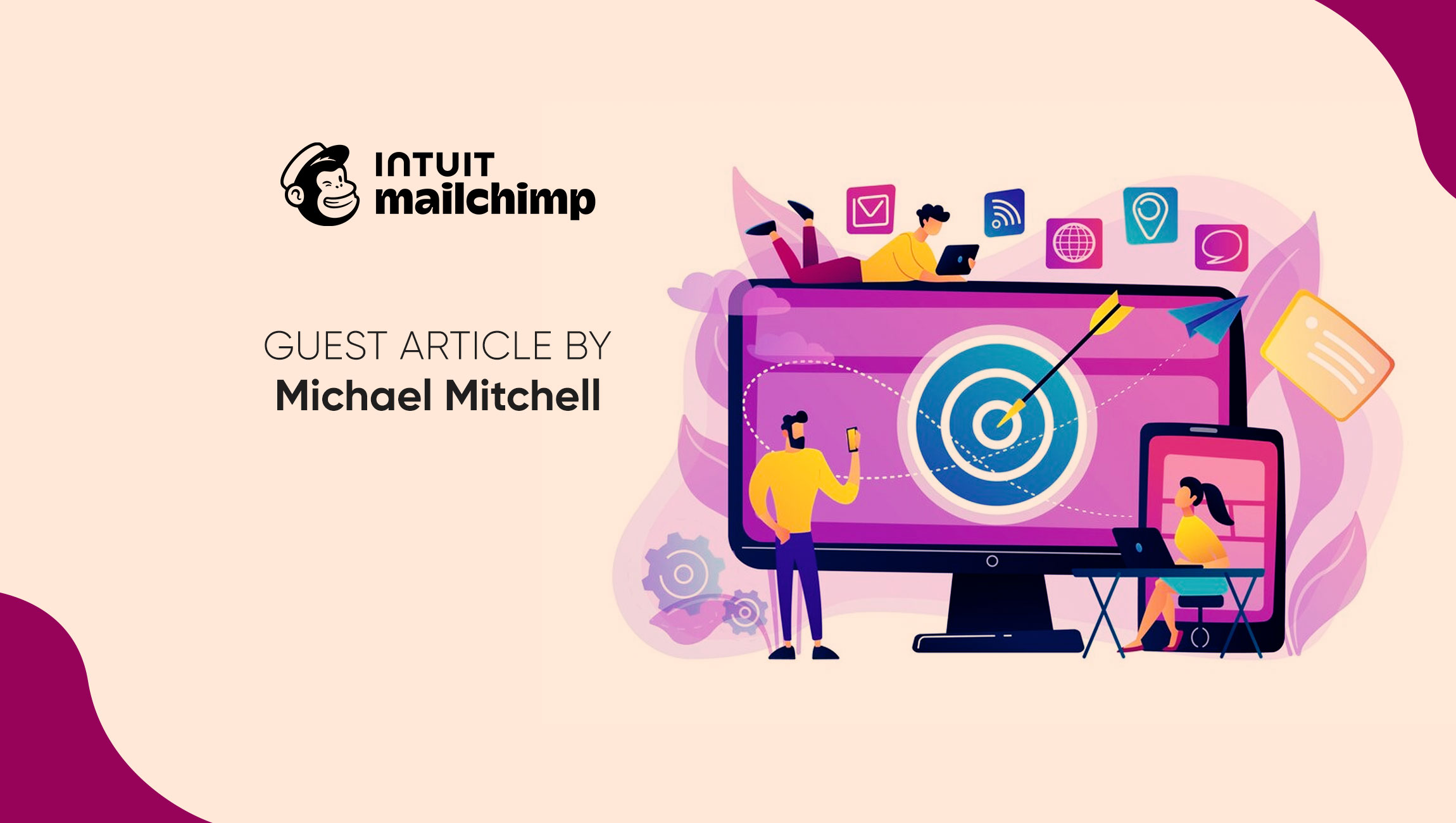Is an event-first marketing strategy a good way to boost B2B SaaS marketing efforts through 2024? Brad Gillespie, GM at Cvent Consulting shares his point of view:
____________
Tell us about yourself and more about your role at Cvent.
I’m a 20+ year GTM leader with the majority of that time leading Marketing for B2B Tech, Information Services, and Professional Services businesses. I currently lead the Consulting team at Cvent, a global leader for Event Marketing & Management and Hospitality Management solutions. Our team helps large enterprise customers deepen product adoption, integrate with systems of record, and enhance overall program visibility and insights. In my role I’m responsible for day-to-day operations focusing on service line growth, practice development, and P&L management. Prior to this role, I led Corporate and Enterprise Marketing as “Customer 0” of Cvent (the internal user and ‘buyer’ of our own product). This was the primary reason I joined Cvent – to have that vantage point to shape our brand and marketing efforts. My experience in that role is also what led me to build the Consulting team. I had the opportunity to spend time with customers and realized there was a gap in our overall support of the customer.
How is the B2B events marketplace looking like today, given the effects of the recent global pandemic, has the pace picked up now in your view?
Our market sits at the intersection of travel and hospitality, so the pandemic clearly had a deep and lasting impact, but by and large in-person meetings have returned…with some changes. Some larger event programs have been trimmed down or shifted to be more regionalized. The pandemic created the need for virtual-only events, and while that market has certainly retracted from the highs of 2020, attendees have come to expect more digital/virtual options as part of the overall event experience. Corporate travel budgets are still somewhat soft, so organizations are sending fewer delegates to most events. That said, as an industry, we’ve weathered the storm and we’re stronger for having gone through it.
How can modern marketers capitalize more from their events while creating a balanced flow between online and offline events?
We sometimes refer to Events as the “forgotten” Channel because most organizations don’t fully leverage them as a part of an integrated marketing strategy. Event programs are also fragmented and spread across various functions, teams, regions, etc. with different objectives (awareness, demand gen, customer marketing, product training, etc.). For the vast majority of B2B organizations today, integrating events into the larger GTM or Customer Experience strategy is a big opportunity. So balancing the cycle of event format…online, offline, large, small, etc. should ultimately be determined by giving an event a specific mission to accomplish. While all events can have a few common objectives, there’s a clear difference in bringing a small group of customers together for an in-person experience with 1:1 interactions than leveraging a digital event to reach hundreds or thousands with a very different experience. Selecting the right event experience for the right mission stands to have considerably more impact. And what’s more important is aligning these objectives with the various business objectives that the event program can support.
Marketing Technology News: MarTech Interview with Pete Bradbury, Chief Commercial and Growth Officer @ VideoAmp
What can B2B tech marketers do to drive better end-to-end event experiences today that help them stand out?
Tech marketers get the importance of serving the buyer’s journey or customer journey, or the overall CX. A very similar opportunity exists to understand the “attendee journey.” Designing an end-to-end experience for event attendees that is highly personalized still remains aspirational for the vast majority of B2B orgs, and it doesn’t have to be. This is especially important for larger, hosted events like User Conferences where there are usually multiple audience groups and where the experience begins months before the event and extends weeks past the final session. B2B tech marketers that take steps to understand the needs of each audience, and then design an attendee experience to address these unique needs will stand out from those who do not.
Can you talk about some of the most interesting B2B SaaS events that have piqued your interest off late?
One can’t discuss B2B SaaS events without mentioning the SaaStr franchise. both in terms of scale and longevity. Over the past 9-10 years SaaStr have built a community through its events program that has made profound impact on the industry. It’s also a terrific example of a brand that has incorporated the events channel in a deep and meaningful way. Another one that intrigues me is Qualtrics’ X4 franchise. Qualtrics invests in A-list keynotes year after year and has found a way to make this economically viable as a strategy.
Five must-dos you’d share with any marketing team who has an event-first strategy as part of their future plans?
1) Start with an audience-centric approach to event strategy and acknowledge that there will likely be more than one audience for most events;
2) Define goals and objectives for each audience to be represented at the event, and strive to align these with the holistic objectives that the organization has for these audiences. Incorporate insights from other teams and channels into this process;
3) Design an attendee experience for each unique audience that seeks to accomplish the primary objective for each audience. It’s important to acknowledge that there will likely be multiple objectives for each audience, but there should be one objective that is prioritized over the others. The attendee experience should be optimized for that objective vs. diluted across several;
4) Select the appropriate metrics to measure how the event performed against goals and objectives, and strive to align these with the how your organization measures impact across teams and channels;
5) Be sure to include the right voices from teams and stakeholders into discussions of event strategy, objectives, and performance measurement. Different stakeholders often have differing objectives that should be considered and incorporated where possible.
Marketing Technology News: Top In-Demand Skills Across B2B Marketing

Cvent is a global market-leading meetings, events, & hospitality technology provider.
Brad Gillespie, is GM at Cvent Consulting











